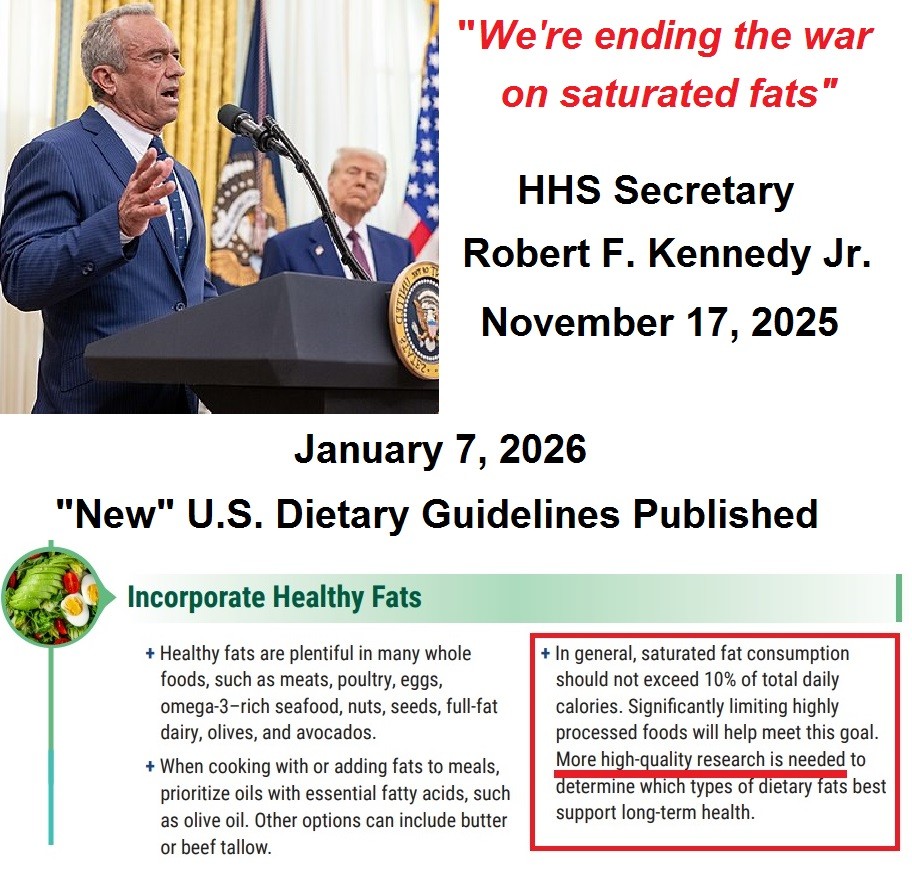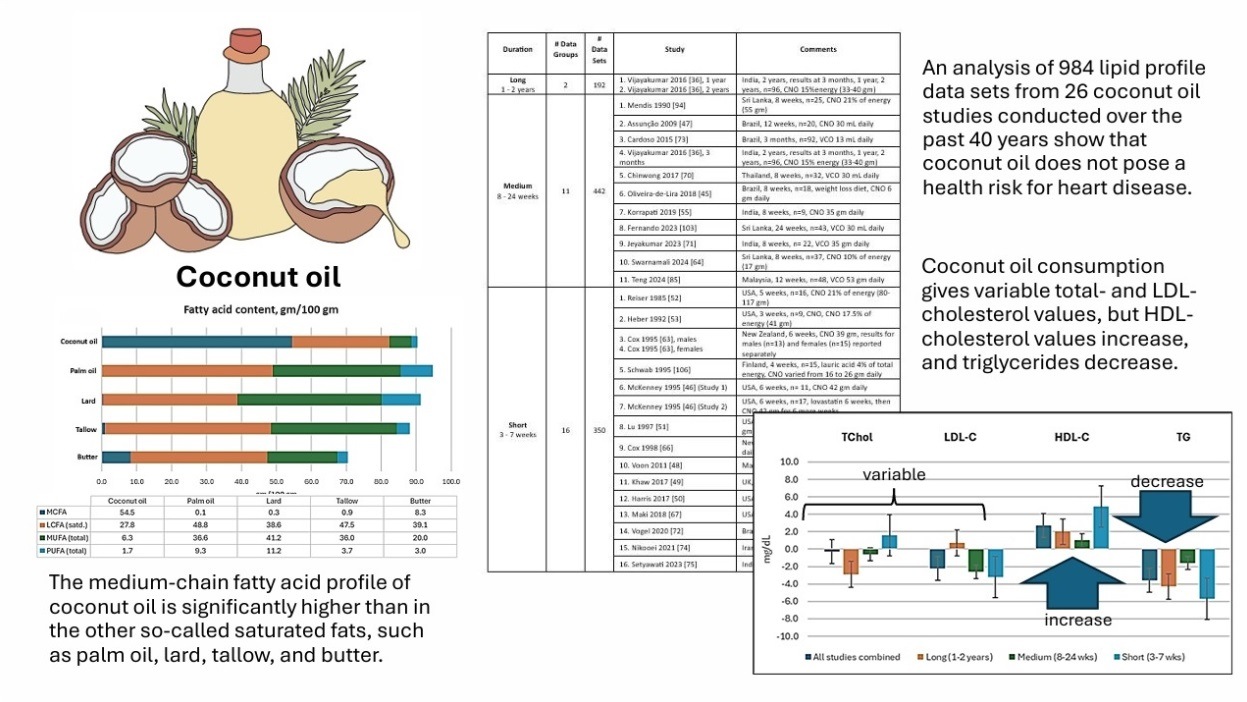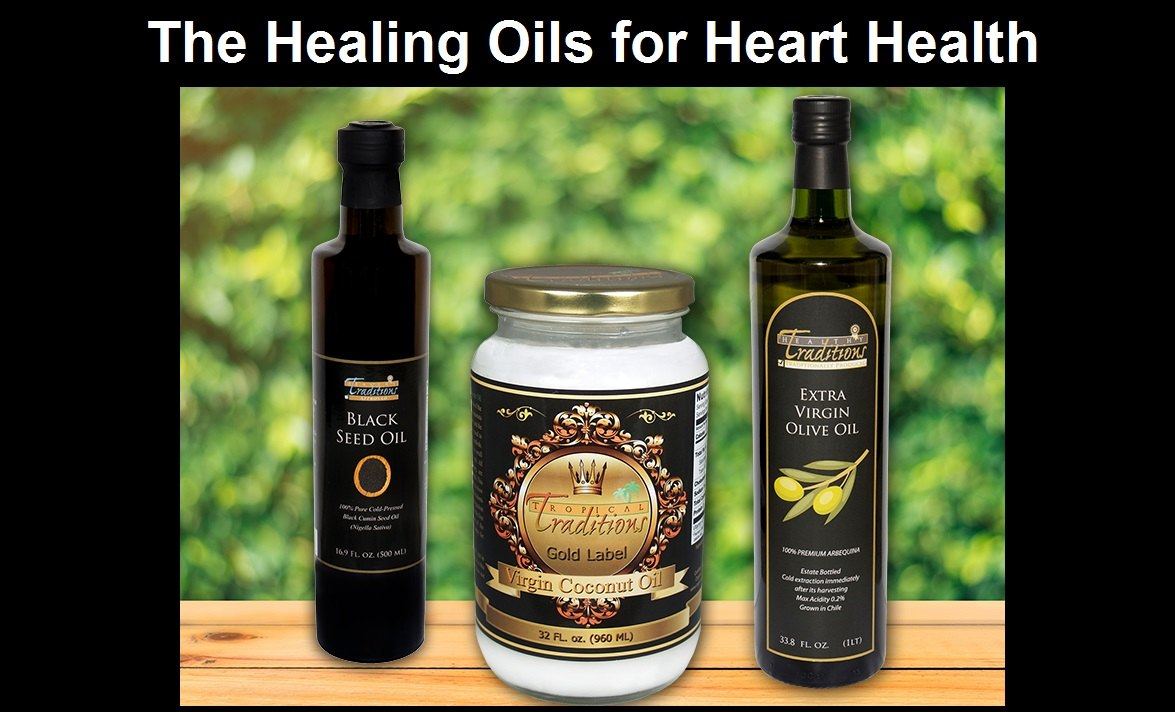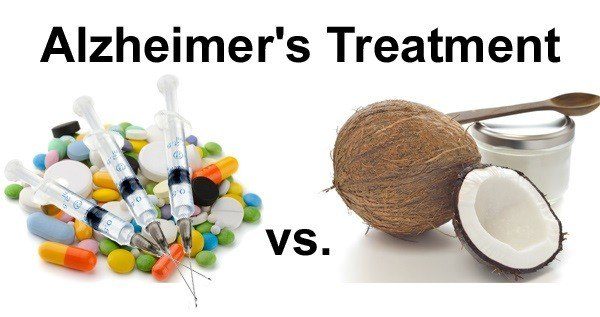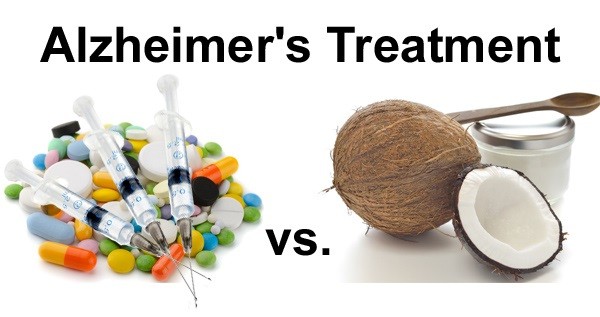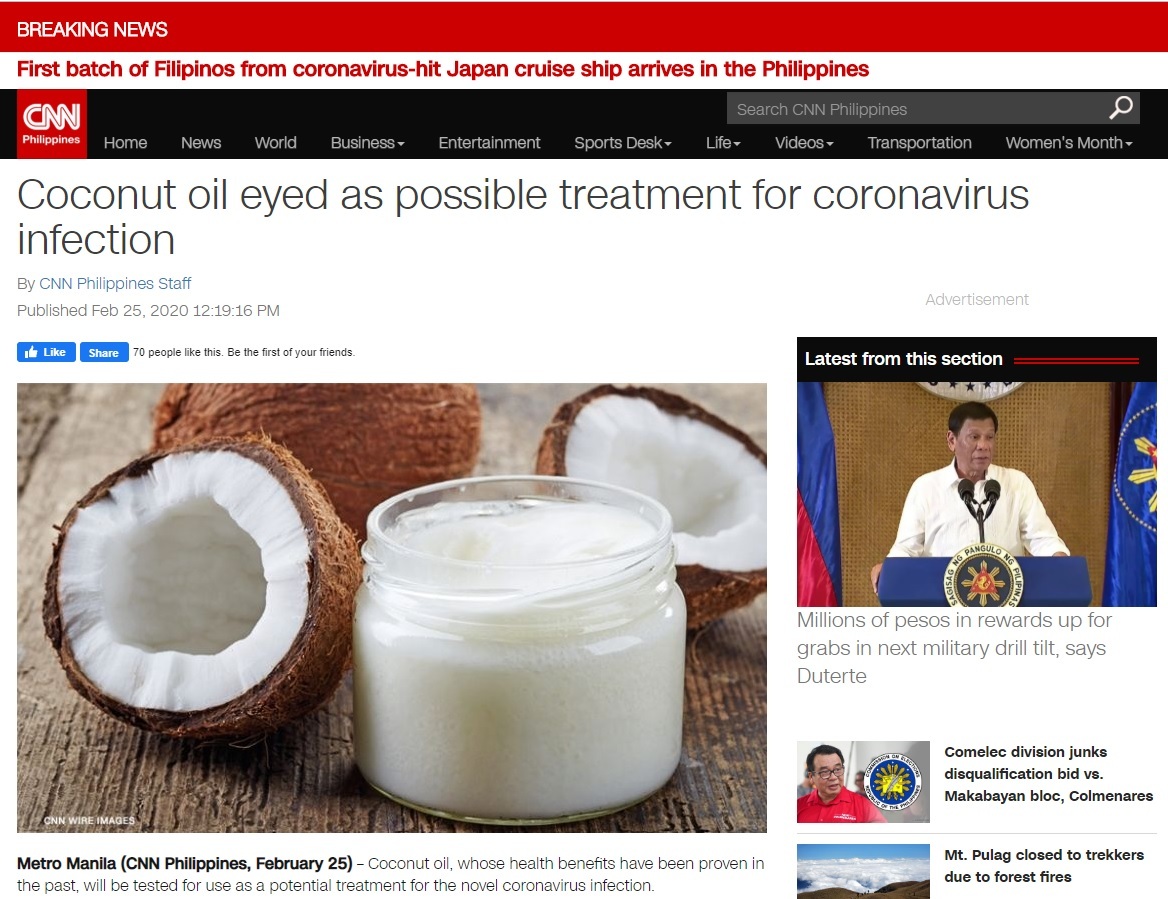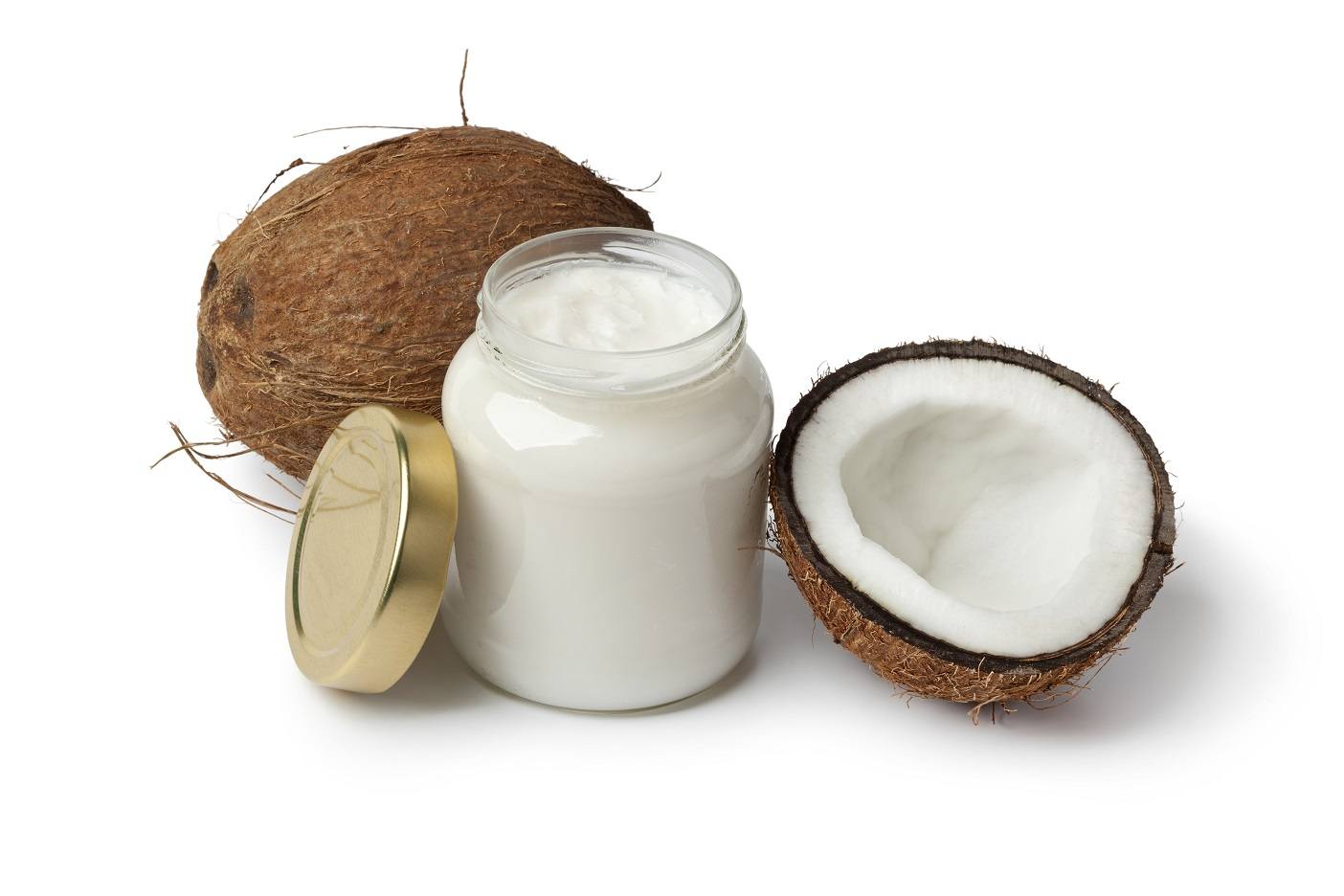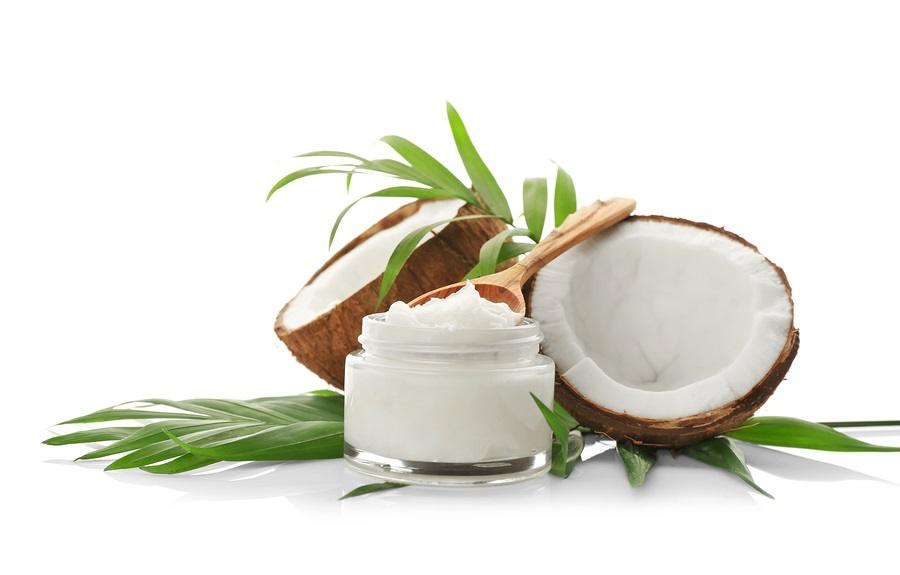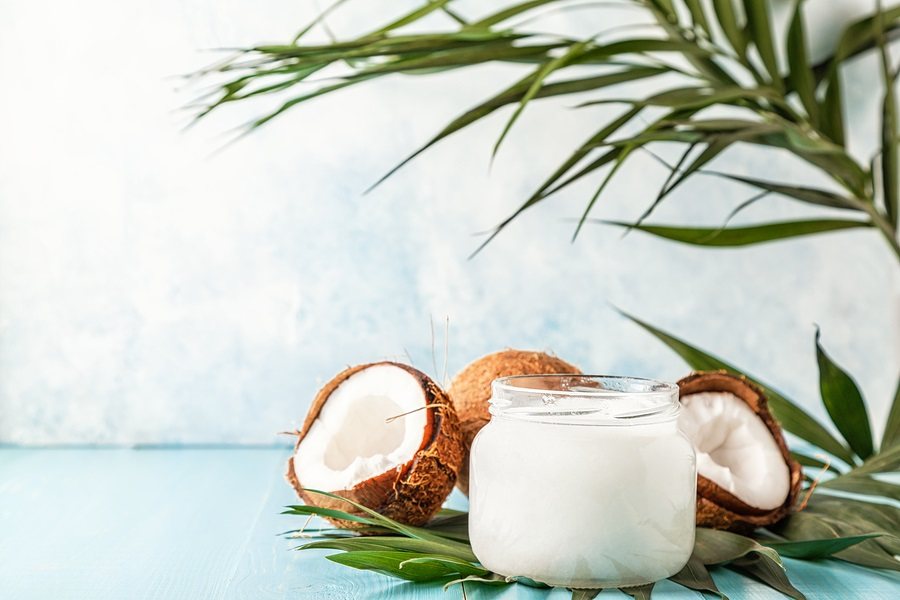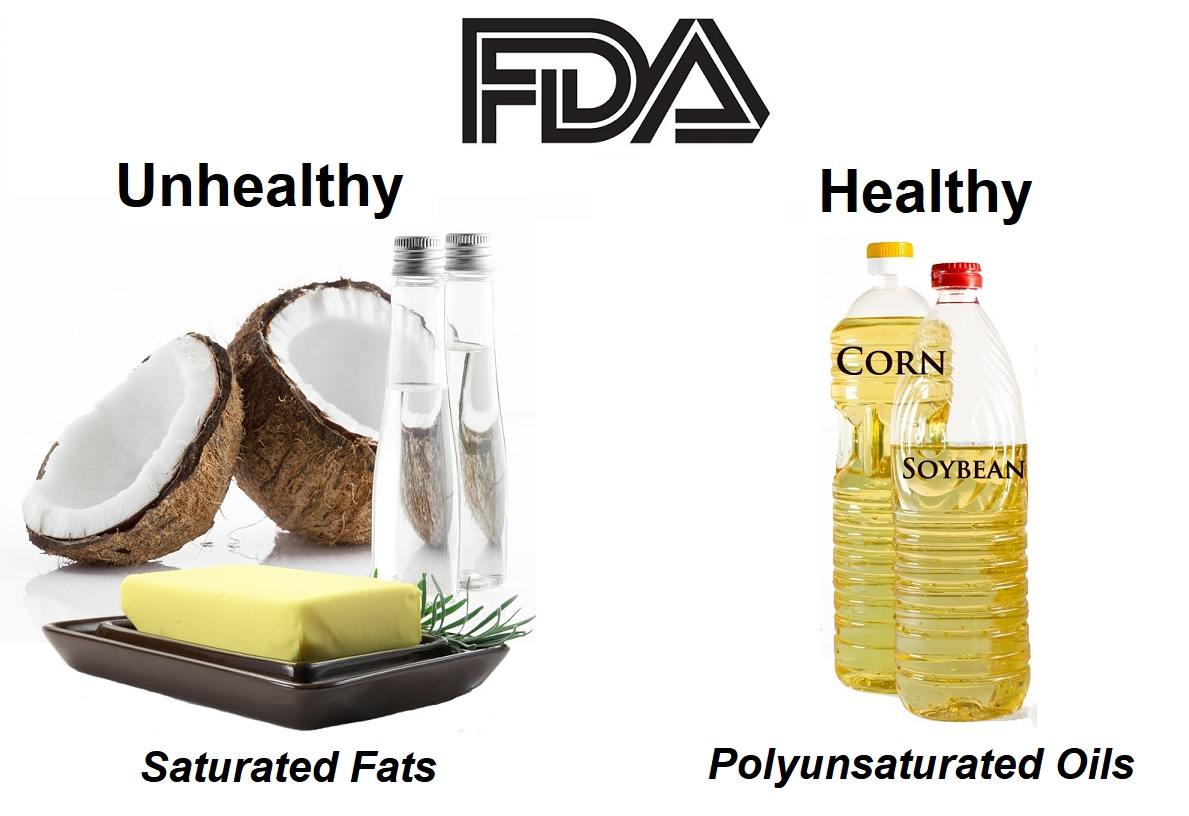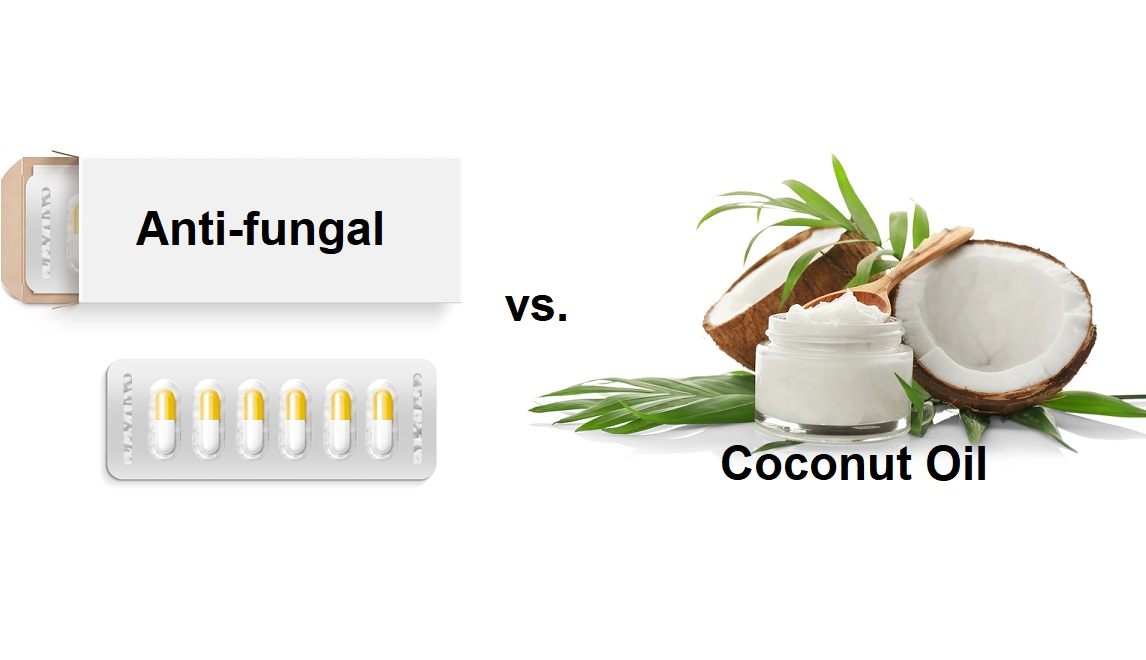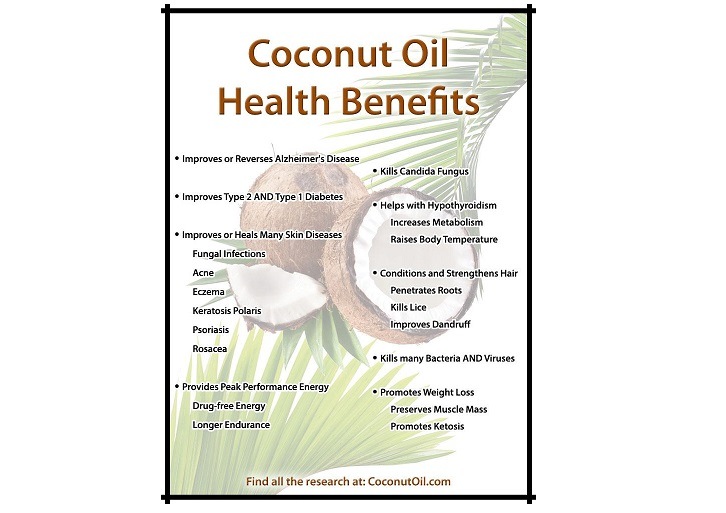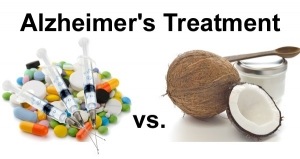HHS Secretary Kennedy Breaks His Promise: “War on Saturated Fat” Kept in Tact with New U.S. Dietary Guidelines
With all of the news headlines of the past week, you may have missed the announcement that the USDA has "changed" their U.S. Dietary guidelines under HHS Secretary Robert F. Kennedy Jr. They created flashy new websites, and turned the traditional "Food Pyramid" on its head, something that real food nutritionists have been recommending for decades, putting carbohydrates on the bottom, instead of at the top. At the top they illustrated fats, proteins, fruits, and vegetables instead. So far so good, until you start reading the actual recommendations. Both HHS Secretary Robert F. Kennedy, Jr., and FDA Commissioner Marty Makary had been promising for almost a year that they were going to end the "war on saturated fats." But in the end, the USDA recommendation to limit one's total daily calories to 10% or less of saturated fats, which has been the USDA recommendation for over 45 years now, was kept in tact. As I have been reporting for over 2 decades now, the U.S. Government just simply cannot afford to admit that saturated fats are healthy, traditional foods, because it would upset the entire pharmaceutical narrative that saturated fats lead to high cholesterol, which they claim leads to increased heart disease, and is the dietary philosophy that supports $billions in revenues for drugs that artificially lower one's cholesterol levels. If the U.S. Government all of a sudden admitted that there is no scientific basis that saturated fats and cholesterol are harmful, it would open the floodgate of lawsuits from so many people who have suffered harm from this dietary advice for more than 45 years now.



